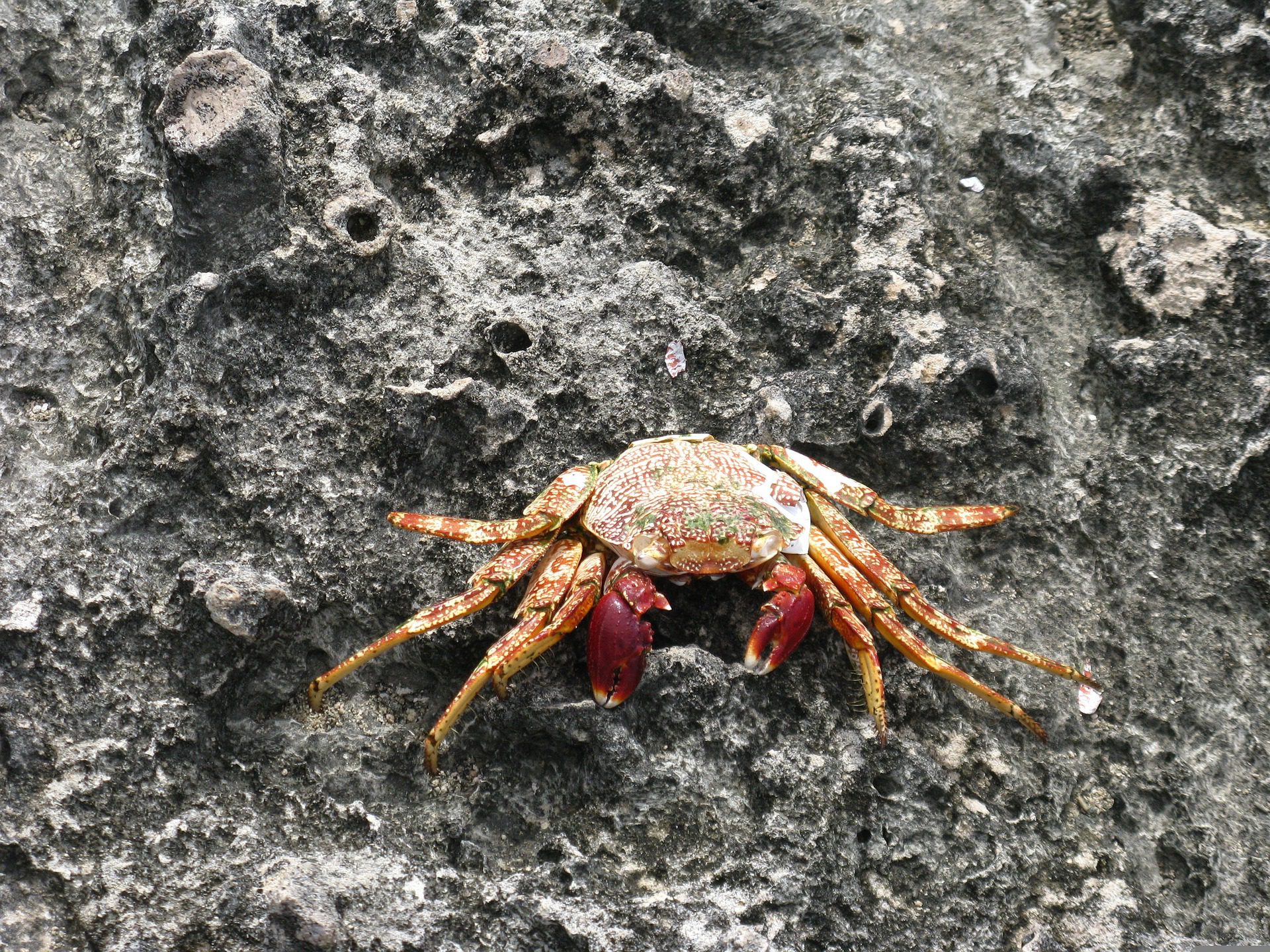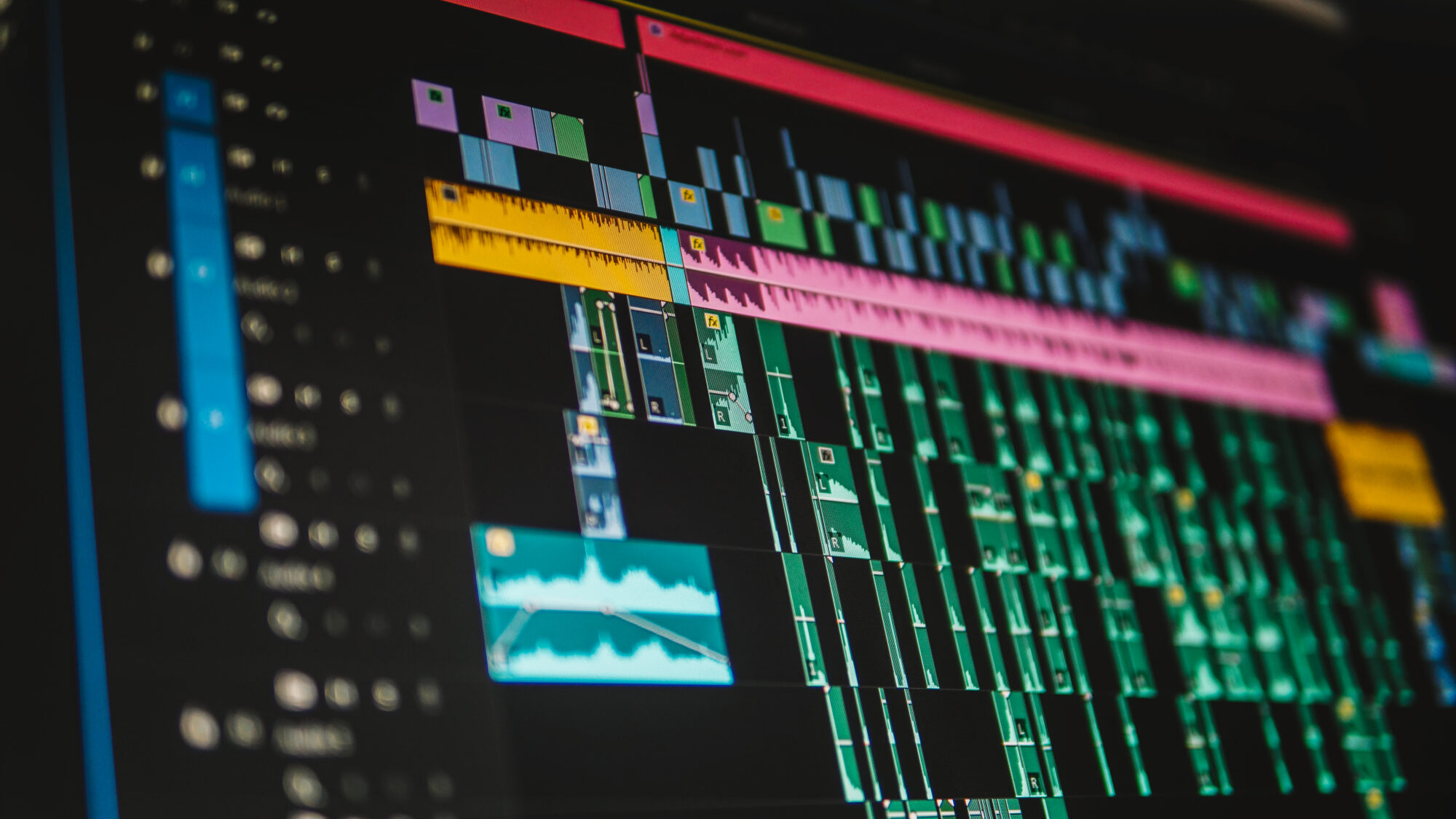This sounds like a really good environmental news story. I travel a lot and want to do what I can to reduce my carbon footprint but worry about the huge environmental cost of mining and the production of lithium batteries, which puts me off getting an EV for now, so an alternative is exciting.
A group of engineers at the University of Maryland have just managed to make a potential real alternative in the form of a chitin-zinc battery that is biodegradable and holds considerably more charge than other zinc derived batteries. The compound that appears to make all the difference is chitin, a compound that is readily available and can be taken from crustacean shells. Currently six to eight million tons of seafood shells are dumbed back into the sea or landfill and potentially the material may come from insects too. The engineers used chitin extracted from discarded crab shells for their battery, it works bothers a biodegradable case and also a separator, a semi-permeable membrane that keeps opposite charged electrodes apart, which would otherwise disrupt current.
There is much more about this in Popular Mechanics and also in Cool Hunting one of my favourite resources for design, culture and technology.





